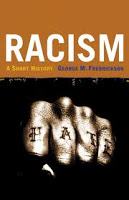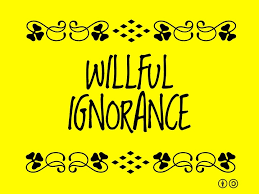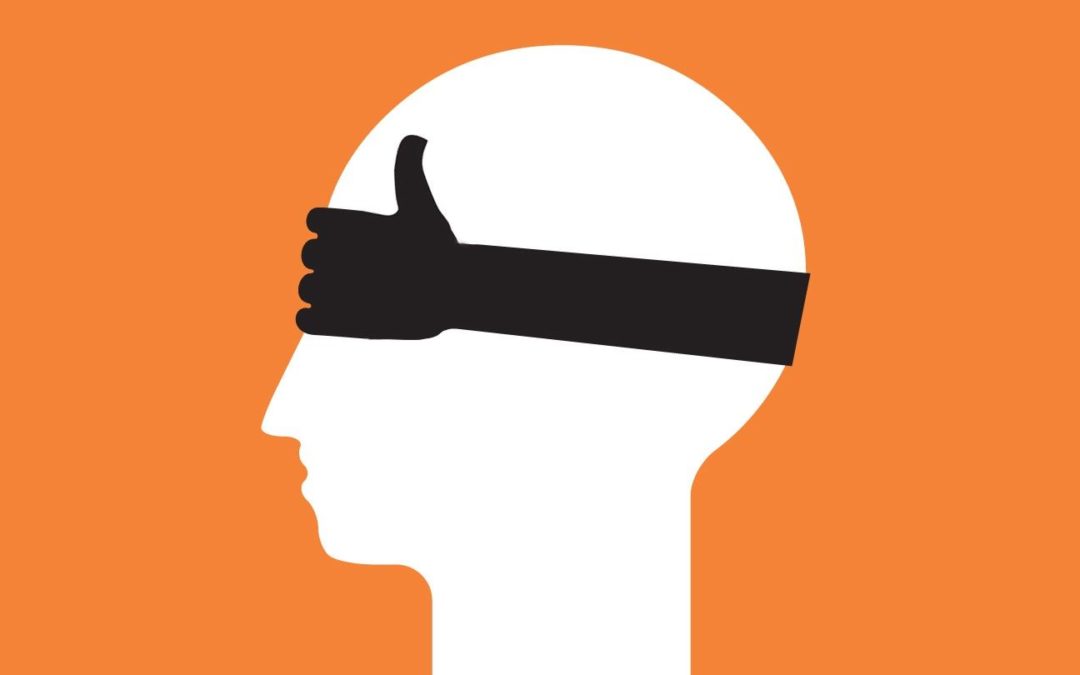He denied the Russians interfered in the 2016 elections; Robert Mueller proved they did. He denied that there was such a thing as climate change, and yet during his years in office there have more and stronger storms and wildfires than ever before, proving it does exist. He denied that COVID-19 was a serious concern, that it would “just go away;” now over 188,000 people (as of September 6) have died an over 6.4 million have contracted the virus. And this past week Donald Trump said he doesn’t believe structural racism exists. Thousands of people marching in the streets would say he is wrong. He wants to dismiss them all as Antifa, anarchists, and “radical leftists,” but most are mothers, fathers, students, and concerned citizens.” By almost any measure – unemployment, health, wealth accumulation, educational advancement, arrests, and police brutality, and more – African Americans, Latinx, and immigrants fare far worse than whites. What is ironic is that some of Trump’s most staunch supporters – white nationalists – believe racism exists and they work hard to keep nonwhites in their secondary status.
The fact that #45 says he doesn’t believe racism is real concerns me, but it is not surprising. The man is opportunistic and wants to win an election, so to say racism doesn’t exist fits his narrative, and appeals to a certain portion of his base. He calls for “law and order” (racist codeword) and claims the suburbs will be overrun with poor (read Black) people. He denies the reality of police violence (even when it is seen on video) and ignores all the racial disparities. These things are deeply disturbing.
But what also concerns me is all the white people who idolize him who will deny racism exists too.
Whites’ denial of racial injustice is actually quite common and is used by many whites to maintain a sense of normalcy and to uphold their sense of privilege and superiority. White denial protects their false self-image of racial innocence and is a critical dimension of white culture. In these ways #45 is not all that unique; he is like a lot of white people. But in his position, he has undue influence over the attitudes of many others, and that concerns me.
Denial is a way to ward off feelings of guilt, shame, and responsibility. When one is presented with information so compelling or encounter a person or event that pricks one’s conscience, the pain of that new awareness can be emotionally and cognitively overwhelming. This is where denial kicks in. The goal of denial is to block feelings of guilt so one can claim to be innocent of any racist thoughts or actions.
The late social critic James Baldwin spoke of this denial as a curtain when he wrote:
“The American situation is peculiar, and it may be without precedent in the world. No curtain we need to probe under heaven is heavier than that curtain of guilt and lies behind which Americans hide. That curtain may prove to be more deadly to the lives of human beings than that Iron Curtain of which we speak so much and know so little.
Denial is the curtain. Denial of racism.
Responding to people in denial is difficult because they put up cognitive and emotional defenses to block out anything they don’t want to hear. By denying racism exists, people exempt themselves from having anything to do with racism. This is exactly what Donald Trump is doing. He doesn’t want to contend with the unrest in the streets, the clear evidence of police abuse, and the statistics clearly showing racial disparities in all areas of public life. So what does he do? He denies structural racism exists and he enforces that denial by ordering all his departments to stop offering anti-racism training. The logic is: If we don’t talk about it, it won’t exist. Classic denial.
However, denying racism doesn’t make it evaporate. Nor will it stop the calls for police forces to be defunded, public schools with majority BIPOC students to be adequately supported, healthcare to be expanded and Black businesses to be supported. Denying racism doesn’t make it vanish. It only creates more guilt, more anxiety and more fear. And it makes those trying to abolish that racism all the more angry and insistent.
So what do we do?
Trump is a master of denial, so changing his perspective is probably not possible. He is so deep in his hole of lies and denials, he may never get out. But as we talk with people who follow Trump’s lead, we need to work to unsettle their denial. The approach is to ask probing questions to uncover what lies behind their denial. What are the assumptions they carry? What are the unexpressed fears that grip them? What myths are they hanging onto? How do they interpret why people are marching and demonstrating? We need to ask, and then we need to listen because people in denial are in the grip of something very strong. So while we need to be persistent, we also need to empathetic.
 These conversations can be difficult, even frustrating. I can think of one man I spoke with who was quite upset by the marches and demonstrations in his city. He could not see how what happened to George Floyd was racist and deserving of such a reaction. So I asked him, “Why do you think so many African Americans are upset by the death of George Floyd? What has prompted all these people to demonstrate and call for change in the police? I even said: “You don’t have to agree with their reasons for protesting, just ask yourself ‘why are they be so upset?’” He refused to go there. His investment in his denial was too strong.
These conversations can be difficult, even frustrating. I can think of one man I spoke with who was quite upset by the marches and demonstrations in his city. He could not see how what happened to George Floyd was racist and deserving of such a reaction. So I asked him, “Why do you think so many African Americans are upset by the death of George Floyd? What has prompted all these people to demonstrate and call for change in the police? I even said: “You don’t have to agree with their reasons for protesting, just ask yourself ‘why are they be so upset?’” He refused to go there. His investment in his denial was too strong.
Trump must think that somehow not talking about racism will make it go away, make the demonstrators go away, and make the upheaval in the country settle down. Or I may be giving him too much credit. He may just not like being called racist. I don’t know what he is thinking, but he is in deep denial. And my fear that others will follow his misleading example.
That’s why we need to be persistent and patient and if you are spiritual, prayerful. While it is important to march, it is also imperative that we have tough conversations with those in our circles who are prone to denial. While they are trying to avoid their discomfort, in the long run, they are only making their hurt that much more painful.
- Portions of this blog were from my forthcoming book Disrupting Whiteness: Talking to White People About Racism, due out in November 2020.


The only one in total denial is you Drick. You are so full of hate for Trump you can’t see straight. What a joke you have become. BTW. Look up the Hennepin County ME report on Floyd that was with held since May. Lethal dose of fentanyl on board for Floyd. No bruising or tissue damage on Floyd’s neck. But for Gods sake Drick don’t let facts get in the way of your mission
Really Steve!! Thete are none so blind as those who will not see.
Drick, Anyone who truly knows you knows you are not full of hate and have not become a joke.
Just like lying about something over and over again (his- story) doesn’t make it true. Thank you Drick for keeping it 100! I appreciate the truths you bring to light and share some of your fears of those like 45, blinded by hatred may never come to the table of sisterly and brotherly love and acceptance.